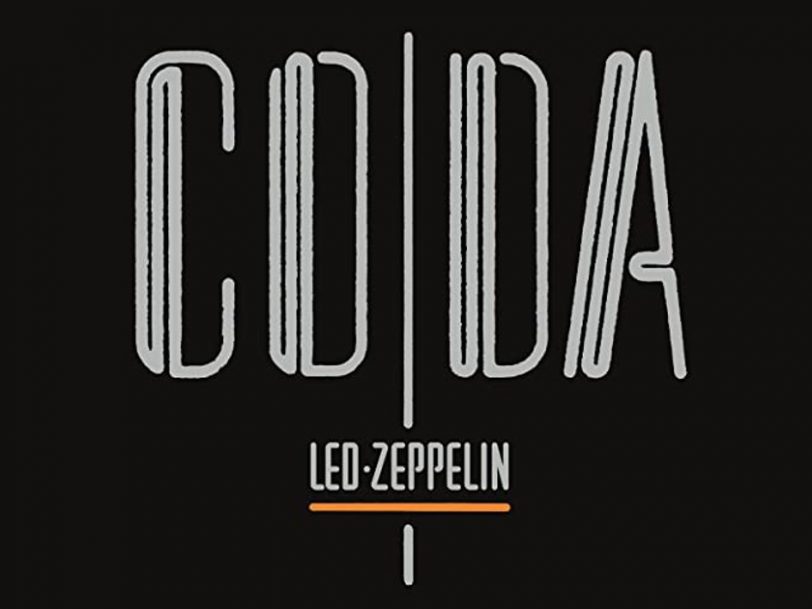If you look up the definition of “coda”, most dictionaries suggest it means “a concluding event” or – in the sonic sense – “a piece of music at the end of a longer piece of music”. With that in mind, it’s entirely apt that Led Zeppelin chose to name their final album Coda. An archival release from November 1982, it came two years after drummer John Bonham’s sudden death brought the band to an end.
Listen to ‘Coda’ here.
“It was the start of a whole new era that never got going”
Had things been different, Coda may never have seen the light of day. Despite the stylistic storms of the late 70s, Led Zeppelin’s triumphant Knebworth shows and 1979’s chart-topping album, In Through The Out Door, suggested the group had plenty more to offer in a rapidly changing world beset by punk and new wave. Had their mercurial drummer lived, the group would undoubtedly have produced more new music during the 80s.
“I do look back on it with some sadness,” bassist John Paul Jones reflected in an interview with journalist Ritchie Yorke in 1991. “Because it was really the start of a whole new era for us that never got going.”
After Bonham’s untimely demise, in September 1980, Led Zeppelin officially disbanded, yet they were still required to submit an album to fulfil their contractual obligations – which was where Coda came in. However, while the collection was the result of a trawl through the group’s archives, it was anything but an exercise in barrel-scraping. The iconic rockers had stowed some extremely tasty rarities and outtakes in their vault – and compiling Coda also gave them an opportunity to beat the black market.
“They were good tracks… We used everything”
“Coda was released, basically, because there was so much bootleg stuff out,” guitarist Jimmy Page told Classic Rock in 2015. “We thought, Well, if there’s that much interest, then we may as well put the rest of our studio stuff out officially.”
“They were good tracks,” Jones added. “A lot of it was recorded around the time punk was really happening… there wasn’t a lot of Zeppelin tracks that didn’t go out. We used everything.”




